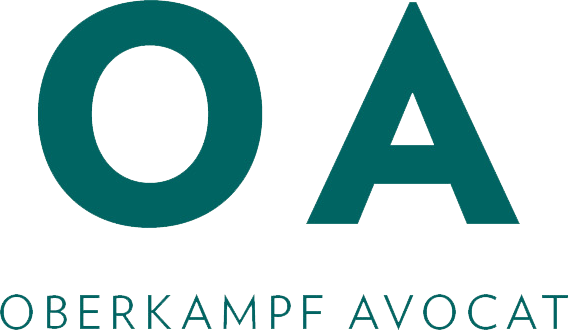Key highlights from May 2024 in the sustainability space.
1- EU finalises rules for combatting greenwashing in fund names
On the 14th of May, the European Securities and Markets Authority (ESMA) released final guidelines for the use of ESG/sustainability-related terms in investment fund names. These guidelines are intended to combat the risk of greenwashing in the naming of investment funds, as increased investor demand for sustainable investing has incentivised asset managers to use such labels liberally to attract capital. The document defines thresholds to satisfy before a fund can be called “sustainable”, and establishes a “transition” category for investments that are on the path to becoming green even if they don’t qualify as such just yet. It also specifies exclusion criteria for these different funds, applying stricter Paris-Aligned Benchmark (PAB) exclusions to funds using environmental terms while covering funds using transition related terms with lighter EU Climate Transition Benchmark (CTB) exclusions. To comply with these new guidelines, over 40% of investment funds in the EU may be required to change names or sell certain assets, according to an analysis released by sustainability technology platform Clarity AI.
2-IFRS Foundation and EFRAG publish interoperability guidance
On the 2nd of May, the IFRS foundation and EFRAG published guidance material to illustrate the interoperability between the ISSB and ESRS* standards. The publication is intended to provide practical support to explain “how companies can efficiently comply with both sets of standards.” The guidance elaborates on the alignment of key concepts such as materiality and explains how a company starting to disclose with either set of standards can ensure compliance with the other. The document was designed to reduce complexity and fragmentation in the market for sustainability disclosure standards, in alignment with the ISSB’s founding ethos of providing a comprehensive global baseline for such standards. This is a welcome development as the disclosure requirements faced by companies are increasingly heavy and difficult to navigate. The guidance should enable companies to better collect, govern and control data, contributing to the comparability of data across the board and enhancing companies’ accountability in this respect.
*The European Sustainability Reporting Standards are the benchmark followed by companies to disclose under the Corporate Sustainability Reporting Directive. (CSRD)
3-Criminal complaint against French energy company
On May 21, three NGOs and eight individuals filed a criminal complaint in Paris against TotalEnergies’ board of directors and main shareholders for their contribution to climate change and its fatal impact on human and non-human lives. The lawsuit relies on articles 223-1, 221-6, 223-7 of the French criminal code and article L. 415-3 of the French environment code. The claimants argue that TotalEnergies’ strategic direction contributed to climate change by expanding fossil fuel extraction as the company figures among the top emitters of greenhouse gases globally. The case comes amid the rising frequency of criminal proceedings related to alleged climate change wrongdoings globally. Notably, the complaint targets natural persons along with the company itself. French courts have previously admitted the liability of a director in involuntary manslaughter cases under specific circumstances. It remains to be seen whether such an argument will be successful in this case, as a direct causal relationship will be difficult to prove.
- Content prepared with the help of Defne Fresko Tasci.
